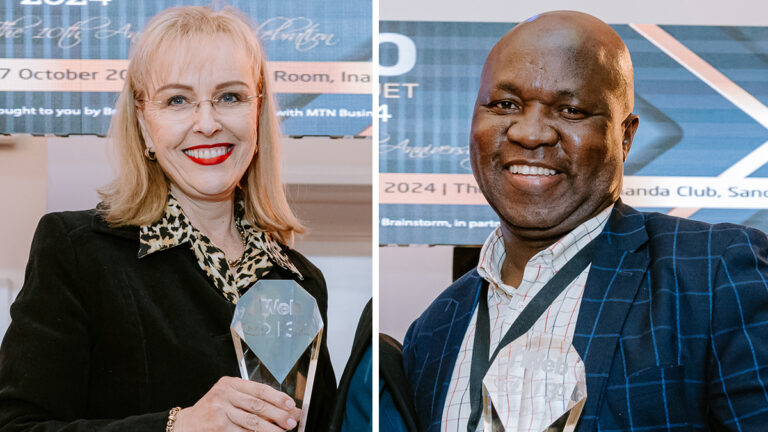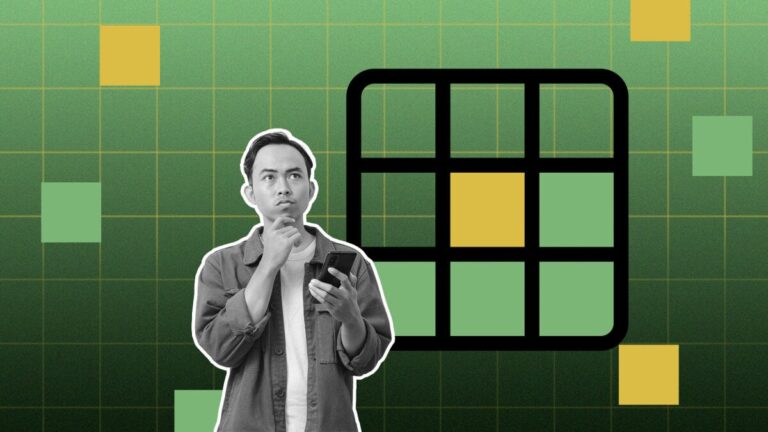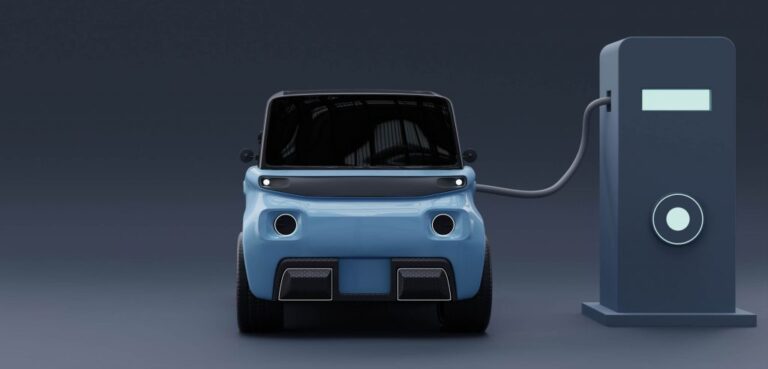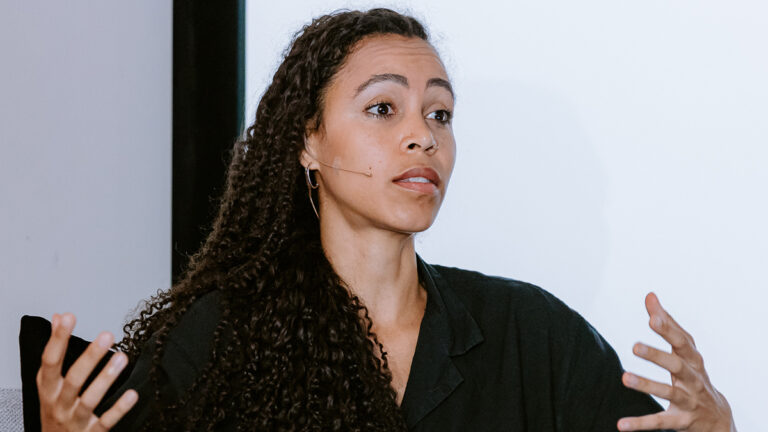The Revolution is Upon Us
Get ready for the game-changer that will transform the way you work with content and automate your business processes: Laserfiche 12, the most comprehensive release in recent history.
This latest update is not just a tweak; it’s a total overhaul that puts the power in your hands. Say goodbye to tedious navigation and hello to a user-friendly interface that makes it impossible to resist the urge to explore every feature and productivity-boosting innovation.
The Ultimate User Experience
Laserfiche 12 is designed to make you swoon with its sleek, intuitive design. The new metadata designer is like a BFF for configurators, and the test mode for forms processes? It’s like a safety net for your data. And, with the updated interface, you’ll be flying through tasks in no time.
Democratizing Power
The Admin Hub is the ultimate command center for Laserfiche administrators, giving you real-time insights and controls to master your domain like never before. And with the power of SCIM group management, onboarding new users is a breeze. It’s like having your own personal assistant, minus the attitude.
Leveling Up Your Skills
And when you need to take it to the next level, Laserfiche’s got you covered. Acontinual release schedule means new features and training resources will be rolling out left and right. You’ll be the resident expert in no time, impressing colleagues and making business owners green with envy.
The Mastermind Behind the Madness
“To us, it’s not just about releasing a new product – it’s about creating software that people can’t live without,” says Justin Pava, director of product management at Laserfiche. “Laserfiche 12 is the culmination of our commitment to making software that’s easy to use, powerful, and innovative. We’re thrilled to share it with our self-hosted customers and can’t wait to see how they’ll change the game.”
Ready to experience the future of content management and business process automation? Get the inside scoop at laserfiche.com/lf12.









